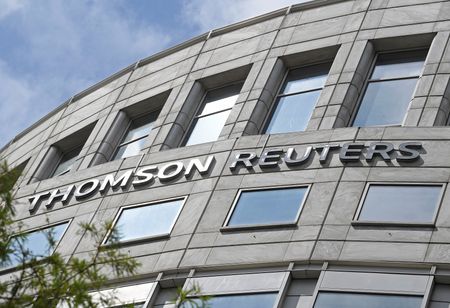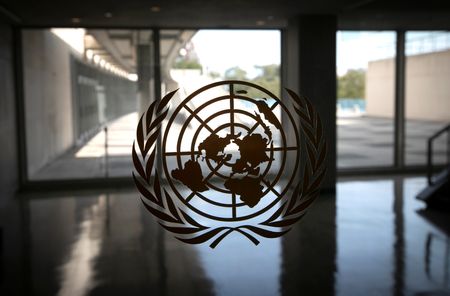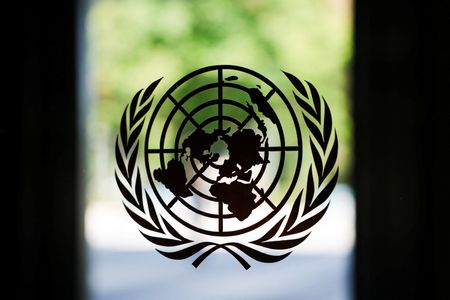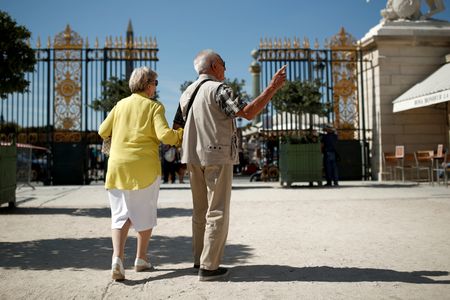By Blake Brittain
(Reuters) – A federal judge in Delaware on Tuesday said that a former competitor of Thomson Reuters was not permitted by U.S. copyright law to copy the information and technology company’s content to build a competing artificial intelligence-based legal platform.
U.S. Circuit Judge Stephanos Bibas’ decision against defunct legal-research firm Ross Intelligence marks the first U.S. ruling on the closely watched question of fair use in AI-related copyright litigation.
Fair use is a principle that allows the unauthorized use of copyright-protected works under certain circumstances. The legal theory represents a key defense for tech companies including OpenAI, Microsoft and Meta Platforms in a series of copyright cases brought by authors, record labels, visual artists and others over the use of their material to train AI systems.
Tech companies argue that generative AI systems make fair use of copyrighted material by studying it to learn to create new content, while copyright owners say the companies use their work to generate competing content that threatens their livelihoods.
A Thomson Reuters spokesperson welcomed the decision. “We are pleased that the court granted summary judgment in our favor and concluded that Westlaw’s editorial content, created and maintained by our attorney editors, is protected by copyright and cannot be used without our consent. The copying of our content was not ‘fair use,'” the company said in a statement.
Thomson Reuters is the parent company of Reuters News.
Attorneys and spokespeople for Ross did not immediately respond to requests for comment.
Bibas reconsidered his previous decision that determining fair use should be left to a jury at a trial on Thomson Reuters’ copyright infringement claims against Ross.
“I studied the case materials more closely and realized that my prior summary-judgment ruling had not gone far enough,” Bibas said on Tuesday.
The judge determined that a jury should still consider the underlying case.
(Reporting by Blake Brittain in Washington; Editing by David Bario and Rosalba O’Brien)











